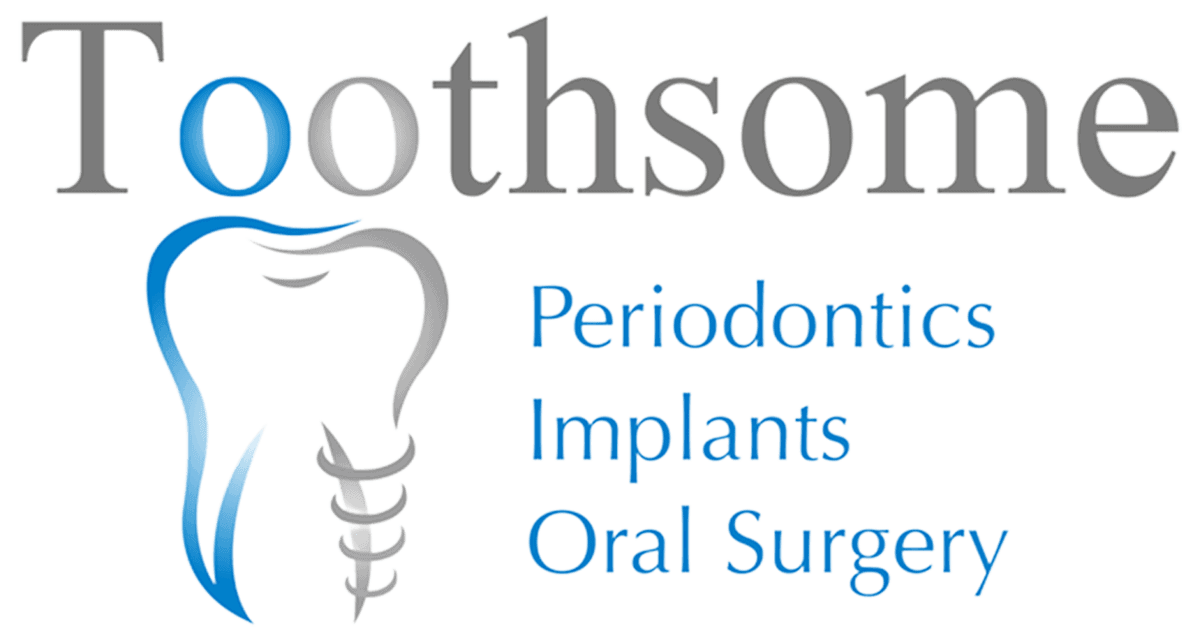
When a tooth can’t be saved due to decay, infection, or trauma, dental extractions prevent damage to your adjacent teeth. Whether your dentist removes your wisdom tooth due to impaction or other teeth to treat severe tooth decay, you may experience tooth extraction pain.
If your dentist recommends dental extractions, you may wonder what to expect afterwards. Your dentist will discuss management options for tooth extraction pain and what to do if you experience complications.
Why Do I Need Dental Extractions?
A dental extraction is a common dental procedure that involves removing one or more teeth. You may require dental extractions for various reasons, including:
- Severe gum disease
- Tooth infection
- Broken tooth
- Issues with an impacted wisdom tooth
- To make space for orthodontic treatment
Because wisdom teeth emerge last on the dental arch, an extraction may be necessary to maintain oral health. Wisdom tooth removal can prevent oral infection, cavities, and gum disease. Additionally, if a wisdom tooth doesn’t have enough room to grow correctly, it fails to erupt, or grows at an abnormal angle, causing tooth alignment problems.
How Long Does the Pain Last After Tooth Extraction?
The tooth extraction pain may last anywhere from a few days to 2 weeks. Your oral hygiene before and after the dental extractions, the complexity of your surgery, and the overall health of your jawbone all contribute to your level of discomfort.
Wisdom tooth discomfort can last up to 10 days after an extraction. You may experience swelling within the first 24 hours, peaking between 48 hours and 72 hours after surgery.
Moderate bruising may appear when the swelling has gone down, after 4 to 5 days. There may be some soreness and bleeding around the extraction area for up to 2 weeks.
In addition to these symptoms, you may also feel your jaw is tight and have a limited ability to open your mouth. Lightheadedness and dizziness are common symptoms after going under anaesthesia.
How to Manage Tooth Extraction Pain After Surgery?
Proper aftercare following a tooth extraction is crucial for a fast recovery. Your dentist can give you oral hygiene instructions to help you manage your tooth extraction pain immediately after surgery.
Ice pack therapy
Using an ice pack on your cheek can help reduce swelling and minimise discomfort by numbing the area. Wrap your ice pack around a piece of cloth to protect your skin. Place it on your check for 10-15 minutes, then remove it. Repeat several times per day.
Medications
Anti-inflammatory medications can help manage discomfort during your recovery. Your dentist may prescribe stronger pain medications if the discomfort continues.
Tips to Keep the Site of Your Dental Extractions Clean
Your dentist may also advise you on ways to keep the site of your dental extractions clean. The following tips can help facilitate a faster and more efficient healing process after dental extractions:
Rest after your surgery
You may be unable to drive for 48 hours after receiving general anaesthesia for complex dental extractions. So, ask a friend or family member to drive you home. If possible, take a few days off from work or school after surgery. Avoid strenuous exercise and tasks for a few days after surgery, such as running and lifting heavy objects.
Elevate your head
Use this time to rest and keep your head elevated on a pillow. Putting your head on a pillow can reduce excess bleeding and inflammation at the wound site.
Rinse with warm saline solution
Gently rinse your mouth with warm salt water to disinfect the wound site for the first 24 hours after your surgery. The saline solution removes food particles and bacteria from the tooth socket.
Eat a soft food diet
Your dentist may advise you to go on a soft food diet with soft-boiled eggs, porridge, and yoghurt. Eating sticky, spicy, and crunchy foods may irritate and damage your extraction site.
Avoid sipping and smoking
Sucking motions can dislodge blood clots, expose nerve ends and bones and increase the risk of a secondary condition called dry socket. For the first 24 to 48 hours after your surgery, don’t spit after you brush your teeth, sip through a straw, or smoke.
Symptoms to Watch Out After Dental Extractions

Following your dentist’s instructions can help you recover faster and enable you to resume normal eating and activities. When you suffer from prolonged discomfort after your surgery, here are a few symptoms of infection to look for:
- Yellow and white pus around the extraction site
- Swelling
- Fever
- Severe discomfort
If you suffer from any of these symptoms, you need to contact your dentist to help treat infection and eliminate discomfort. They can prescribe antibiotics and medications and instruct you to use a saline solution or an antiseptic mouthwash.
Receive Compassionate Care at Toothsome
While tooth extraction pain can occur after a tooth removal procedure, you can take steps to manage discomfort to promote a faster recovery.
Our dentists, Dr. Willis and Dr. Chou, can address any concerns you have regarding maintaining your oral health and wellbeing after your dental extractions. Call Toothsome on (02) 9158 6637 to schedule your appointment today.
Note: Any surgical or invasive procedure carries risks. Before proceeding, you should seek a second opinion from an appropriately qualified health practitioner.
References
Wisdom teeth removal recovery: Timeline, healing, and care
https://www.medicalnewstoday.com/articles/321657 Tooth extraction
https://www.healthdirect.gov.au/tooth-extraction Cold-induced vasoconstriction may persist long after cooling ends: an evaluation of multiple cryotherapy units
https://link.springer.com/article/10.1007/s00167-014-2911-y Sports Injury Treatment
https://www.healthline.com/health/sports-injuries/treatment


